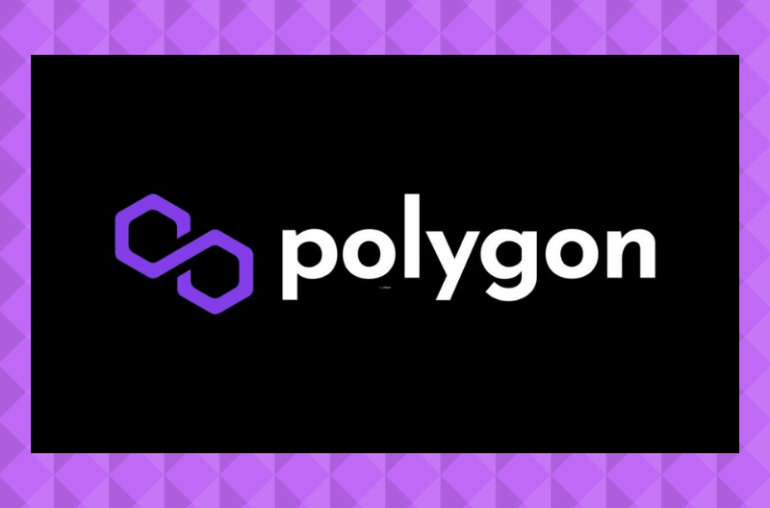Blockchain technology is transforming as it moves from being primarily used for cryptocurrencies to tokenizing securities. The European Commission is leading the way in testing the full potential of tokenized security trading on blockchain technology with its DLT Pilot Regime. The regulatory framework overseen by the (ESMA) European Securities Market Authority that focuses on forward-looking policies will clarity on tokenized stocks, which have been a legal gray area until now, Cointelegraph’s director wrote in a column.
DLT financial instruments are transferred, issued, and recorded via distributed ledger technology. In a regulated setting, both digital and conventional finance firms can explore using financial products based on Distributed Ledger Technology (DLT). A key benefit of this system is the ability to tokenize financial instruments and trade them on public or permissionless blockchains and permissioned ledger technology. Additionally, regulators will be testing the inclusion of retail investors in these activities.
One of the firms seeking permission to function under the DLT pilot regulatory framework is 21finance. In an interview, CEO Max Heinzle called “Amazon moment” and expressed his belief that the regulation would promote financial inclusivity. The DLT Pilot Regime will take effect in March, but it has been in the making for years, beginning with the Digital Finance Package revealed by the European Commission in 2020.
DLT TSS must adhere to the DLT Regime overseen by ESMA, which limits it to providing a multilateral trading facility that is non-discretionary. Companies ranging from established banks to emerging fintech firms and unregulated cryptocurrency startups can seek approval under the new regulations. ESMA will draft a report after the initial three years of the project, which will serve as a foundation for the European Commission. Subsequently, the European Commission will consider the report and determine potential actions, which may include the addition of financial instruments or adjustments to the current caps.
To partake in the DLT pilot initiative, aspiring players in the financial sector lacking licenses under MiFID or CSDR must secure special authorization from the pertinent financial regulatory bodies. The sandbox will be accessible to crypto exchanges and service providers even without having to adhere to the wider financial obligations of the European Union that are mandatory for conventional establishments



